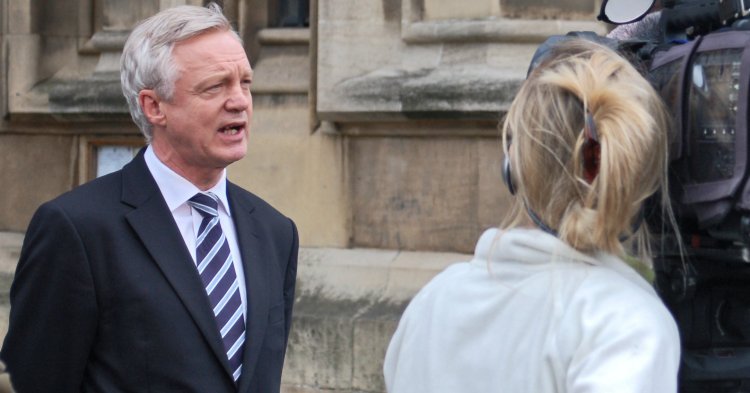The English and Welsh voted Leave on June 23. Initial uncertainty, amplified by the resignations of then Prime Minister David Cameron and UKIP leader Nigel Farage, Michael Gove politically stabbing Boris Johnson in the back, and Andrea Leadsom quitting the race, seems to somewhat fade with the appointment of former Home Secretary Theresa May as Prime Minister. Her newly formed cabined sheds light on the UK’s future stance in the article 50 negotiations to leave the European Union: Secretary of State for leaving the EU David Davis declared that “The ideal outcome, (and in my view the most likely, after a lot of wrangling) is continued tariff-free access.”
Yet, some in the UK and on the continent worry about EU Member States plotting to punish London: turn Brexit into an example of populist failure to deter their own constituencies from making the same choice. Some would prefer to initiate article 50 promptly, whereas others prefer to wait, but warn against any “special treatment” or “cherry-picking” by the UK. How can the EU both preserve the tightest possible economic relations with London and expose the populist delusions of the Leave campaign?
An impossible choice
Four possible Brexits emerge: the “Norwegian” option of joining Oslo and others in the European Economic Area (EEA), a “Swiss” scenario consisting in bilateral agreements with EU Member States, a return to the European Free Trade Association, and a “hard” Brexit that would result in UK-EU trade relations being governed by WTO rules. Each of these allows the UK to preserve free trade of goods, although EU regulations, denigrated in the UK, would still apply to the latter’s exports to the remaining 27 Member States. Free trade of services and capitals, crucial to the City of London, would however only be guaranteed under EEA membership, which then requires free movement of people: arguably the main issue in the in/out referendum. “Taking back control” of borders, as well as “throwing off the shackles” of contributions to the EU budget, is only possible under a return to the EFTA, but at the potential cost of trade in services and capitals... To cap it off, London of course loses all decision-making power regarding the EU’s laws and norms, and its future evolution. And the financial services passporting rights – that give the City of London access to the single market – may be removedin each of those scenarios.
In the end, each scenario is disadvantageous to London compared to EU membership. But which May’s team is going to choose will be the result of a dilemma stemming from two objectives: to limit, on the one hand, economic damage linked with the disruption of trade and financial links with the EU. And to offer, on the other hand, a token of (illusory) sovereignty to Brexiteers in the form of a curb on free movement of people, of a removal of EU regulations, or a stop to UK contributions to the EU budget. For despite Leave’s promises, these two objectives are irreconcilable. Whatever the result, then, Brexit will disappoint both in the UK and abroad, thereby limiting the risks of Eurosceptic contagion to the continent.
The withdrawal of Andrea May from the race to the benefit of the experienced and pragmatic Theresa May – as well as the lack of British trade negotiators – seems to suggest that the country with put its economic and financial interests first, to the detriment of an illusory sovereignty. A façade of Brexit, then. Certainly, London will try and keep cherry-picking, as Davis’ declaration seems to suggest. An à la carte EFTA-plus, with free trade of services? Or perhaps an EEA-minus, without free movement of people? Europe will need to remain firm, and to stand by its refusal of any special treatment. Yet it should not make things harder than they need to be. For even from outside of the EU, the UK remains our neighbour, as well as an unreplaceable political and military ally, and our well-being will continue to partly depend on the UK’s. Most importantly, the inevitable disappointment of Brexit will have to be perceived to be the result of Leave’s misleading promises rather than of some European punitive intransigence. In a nutshell, harsh but fair.


Follow the comments: |
|
